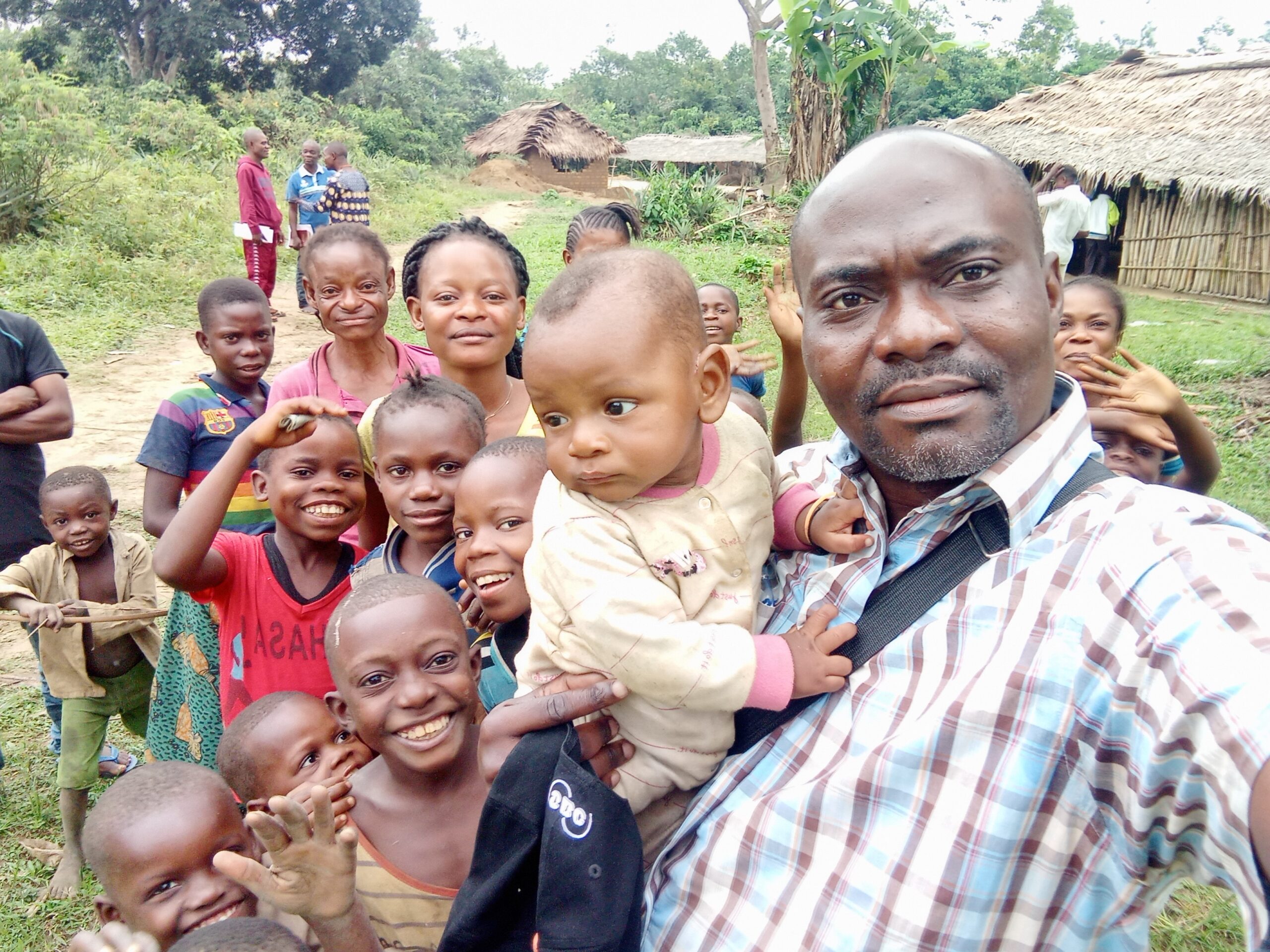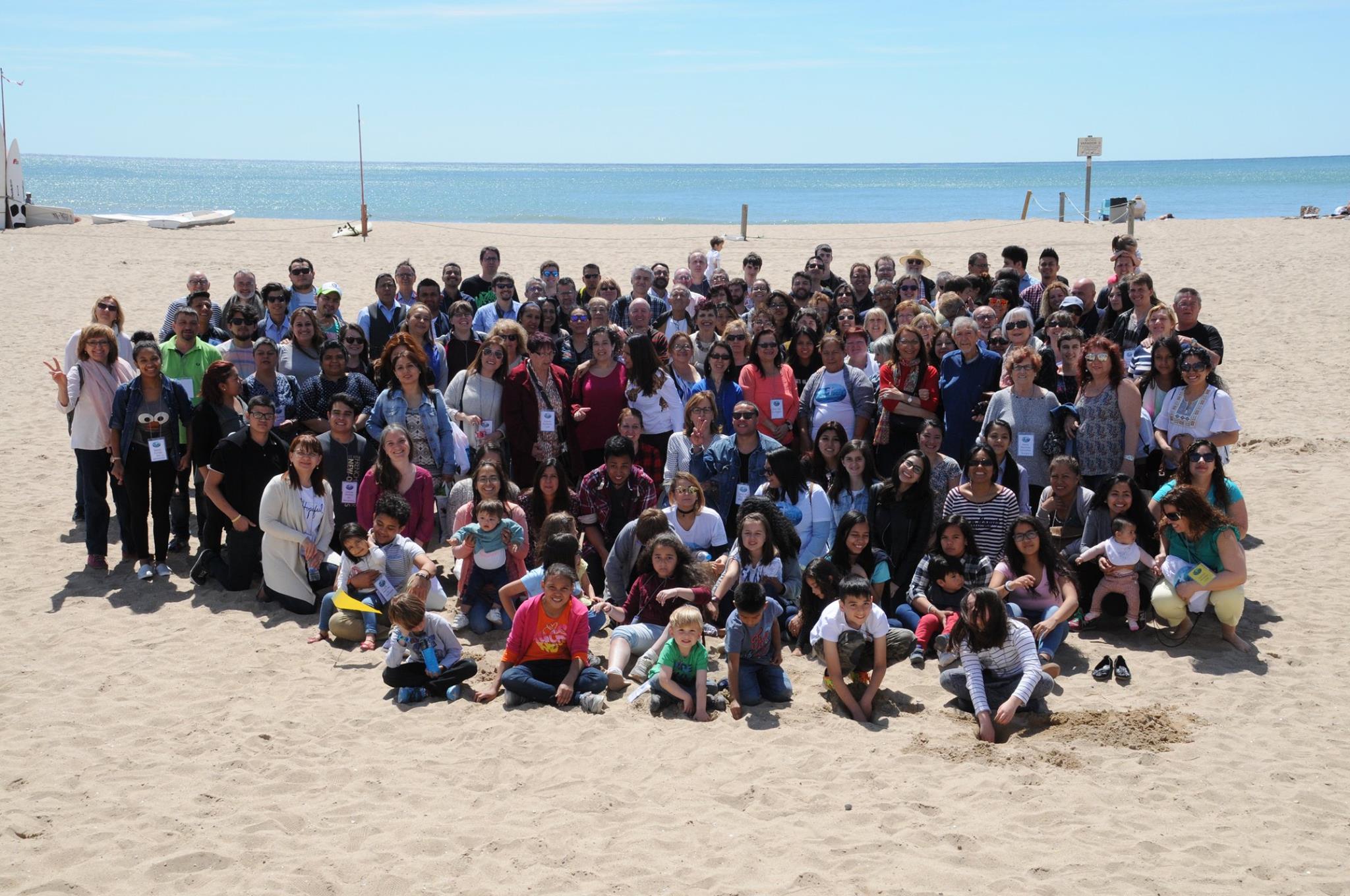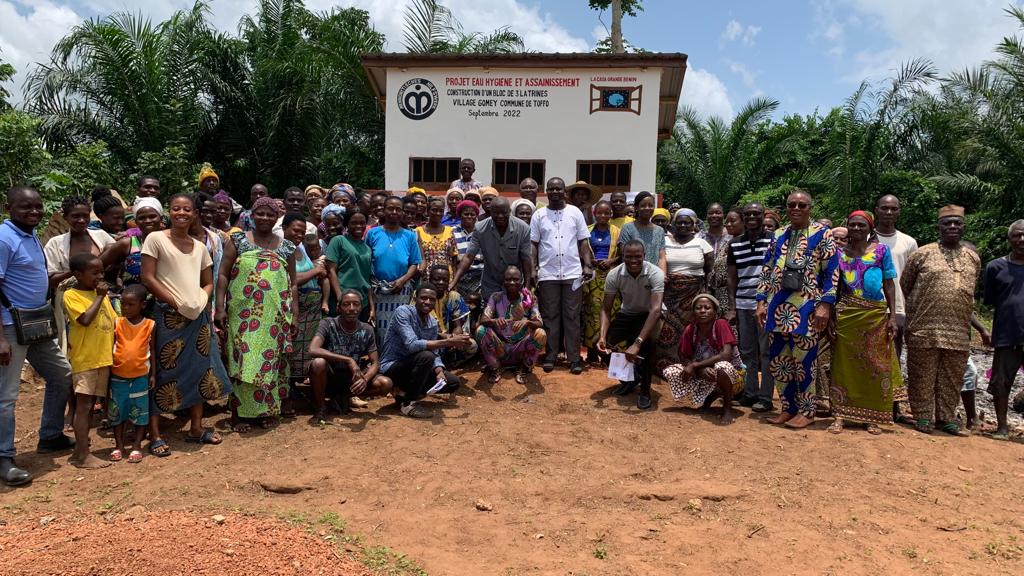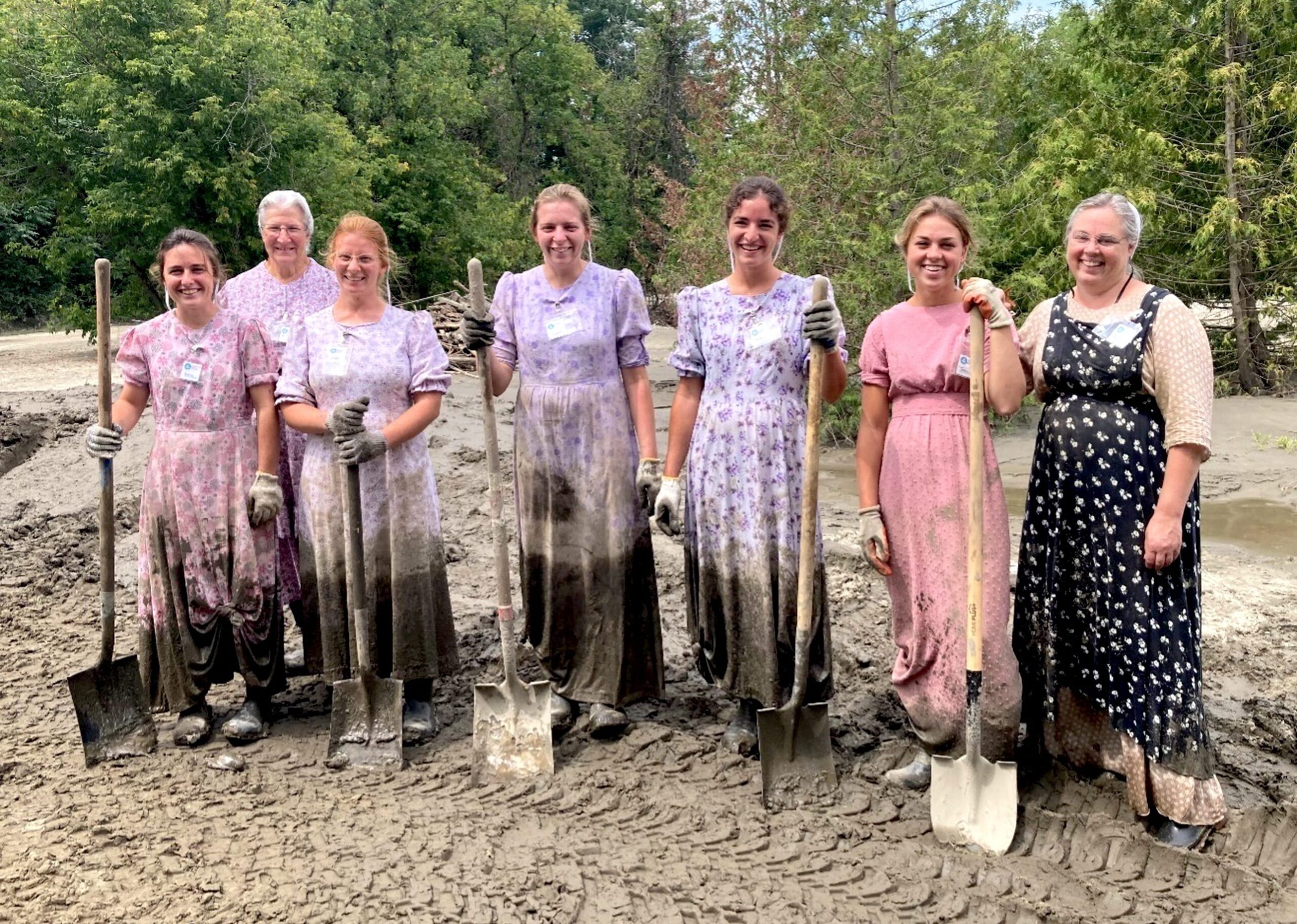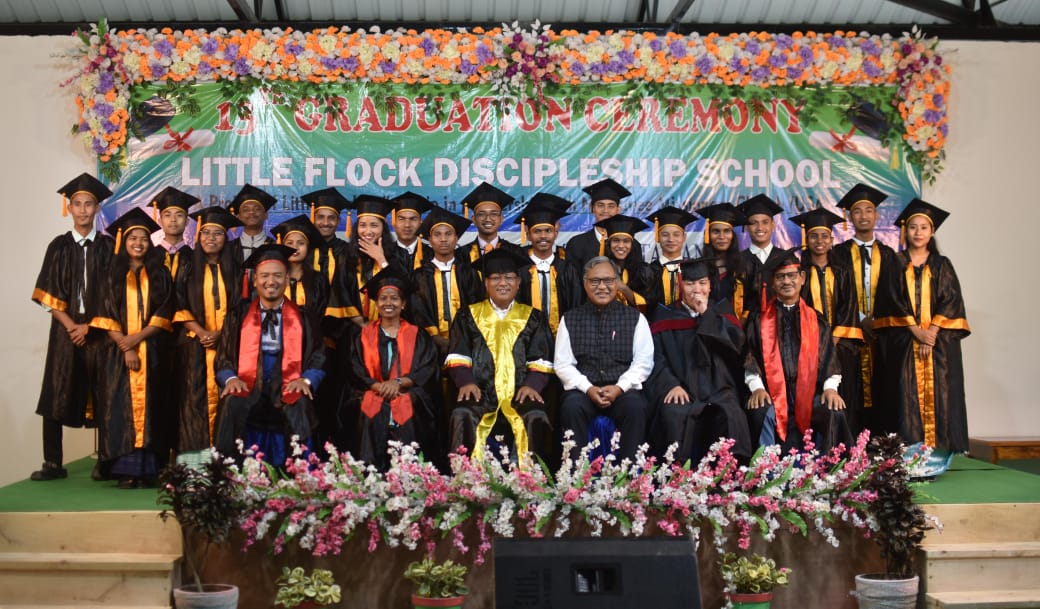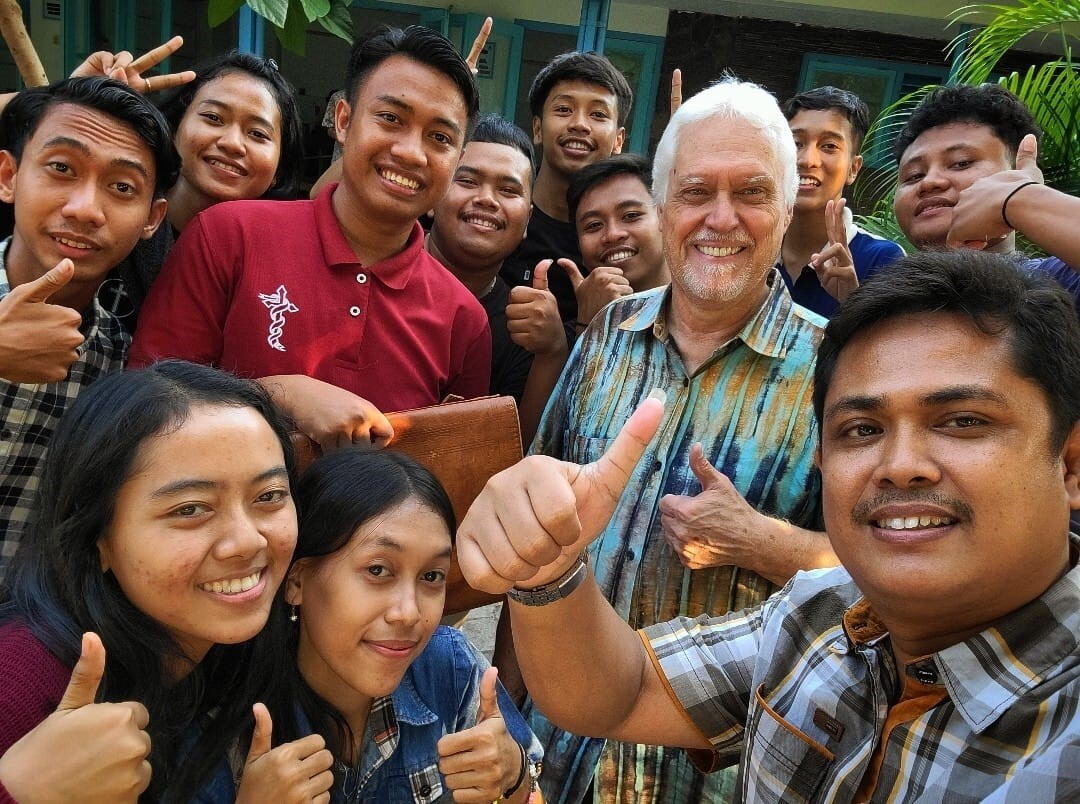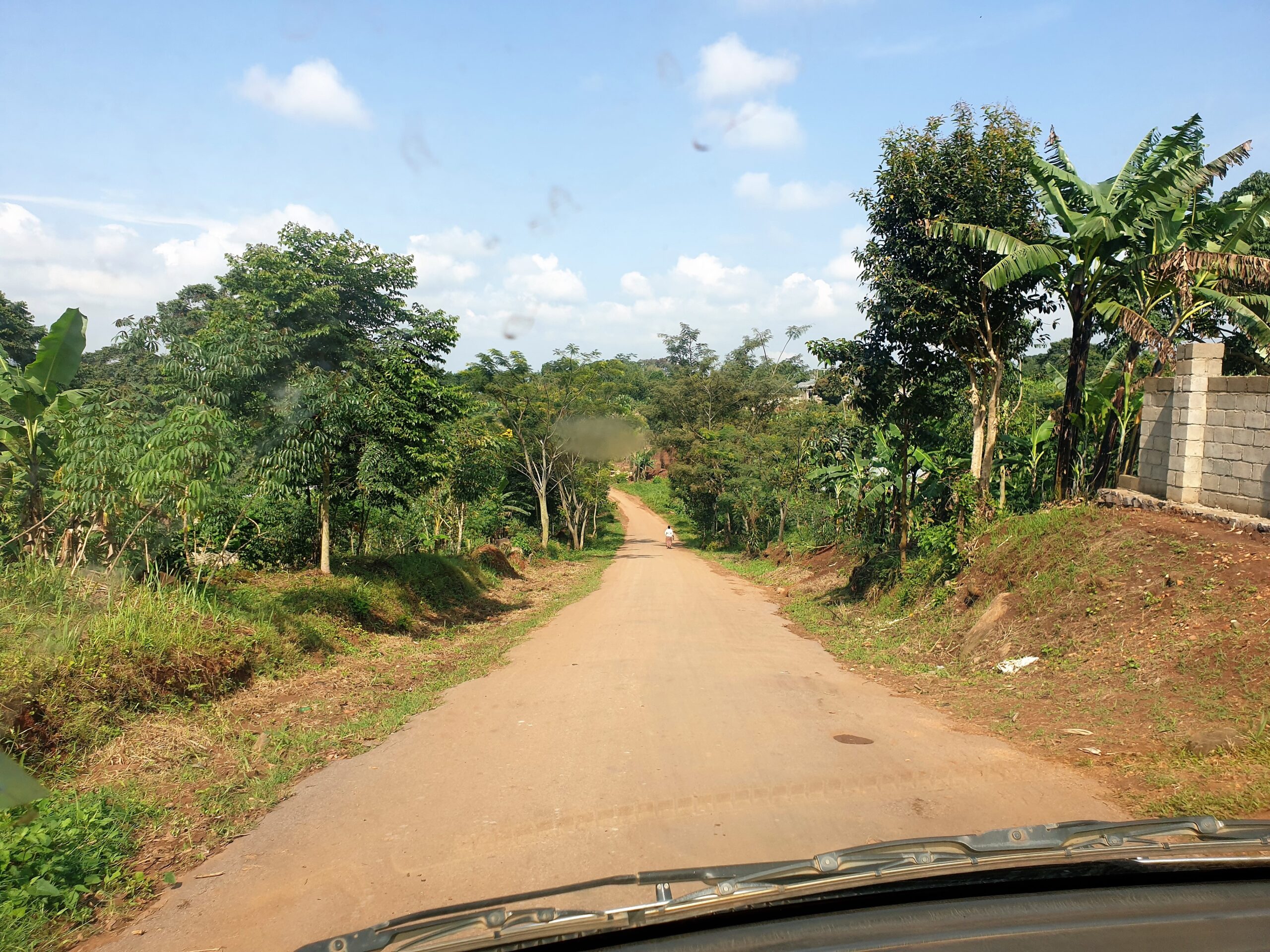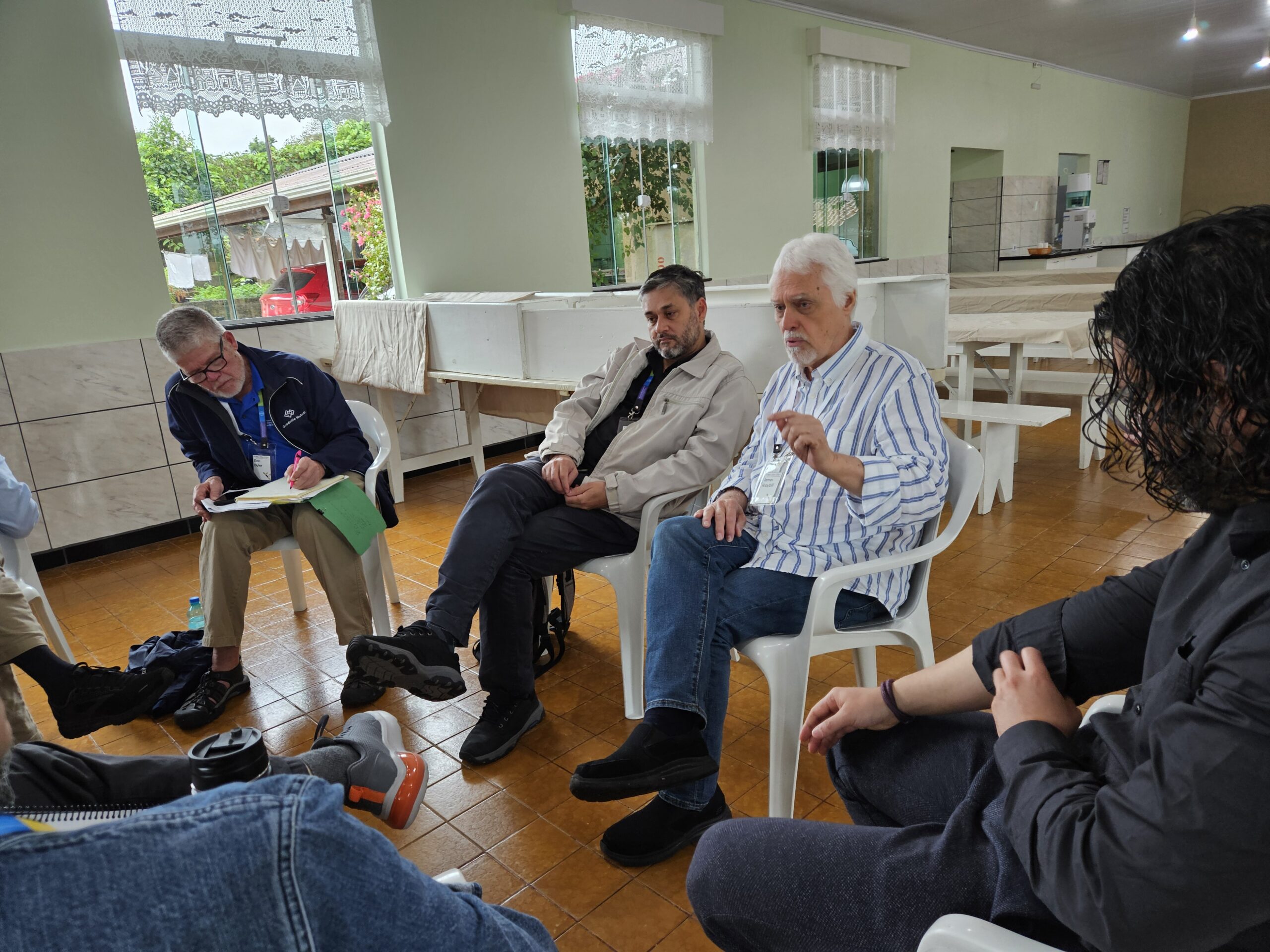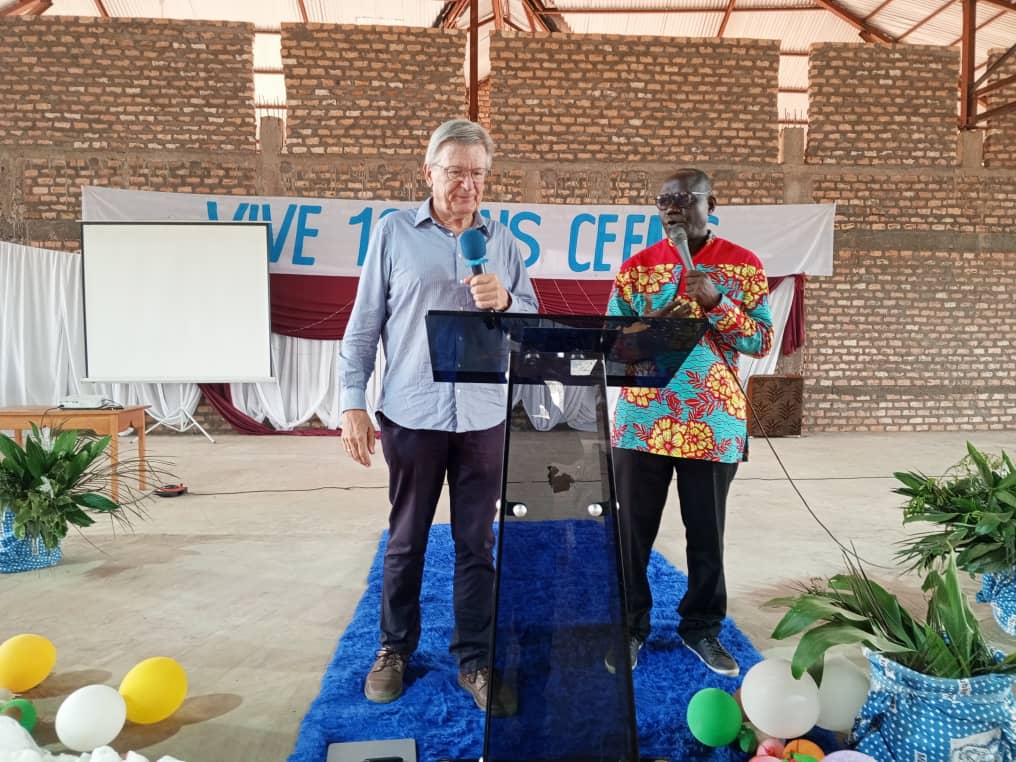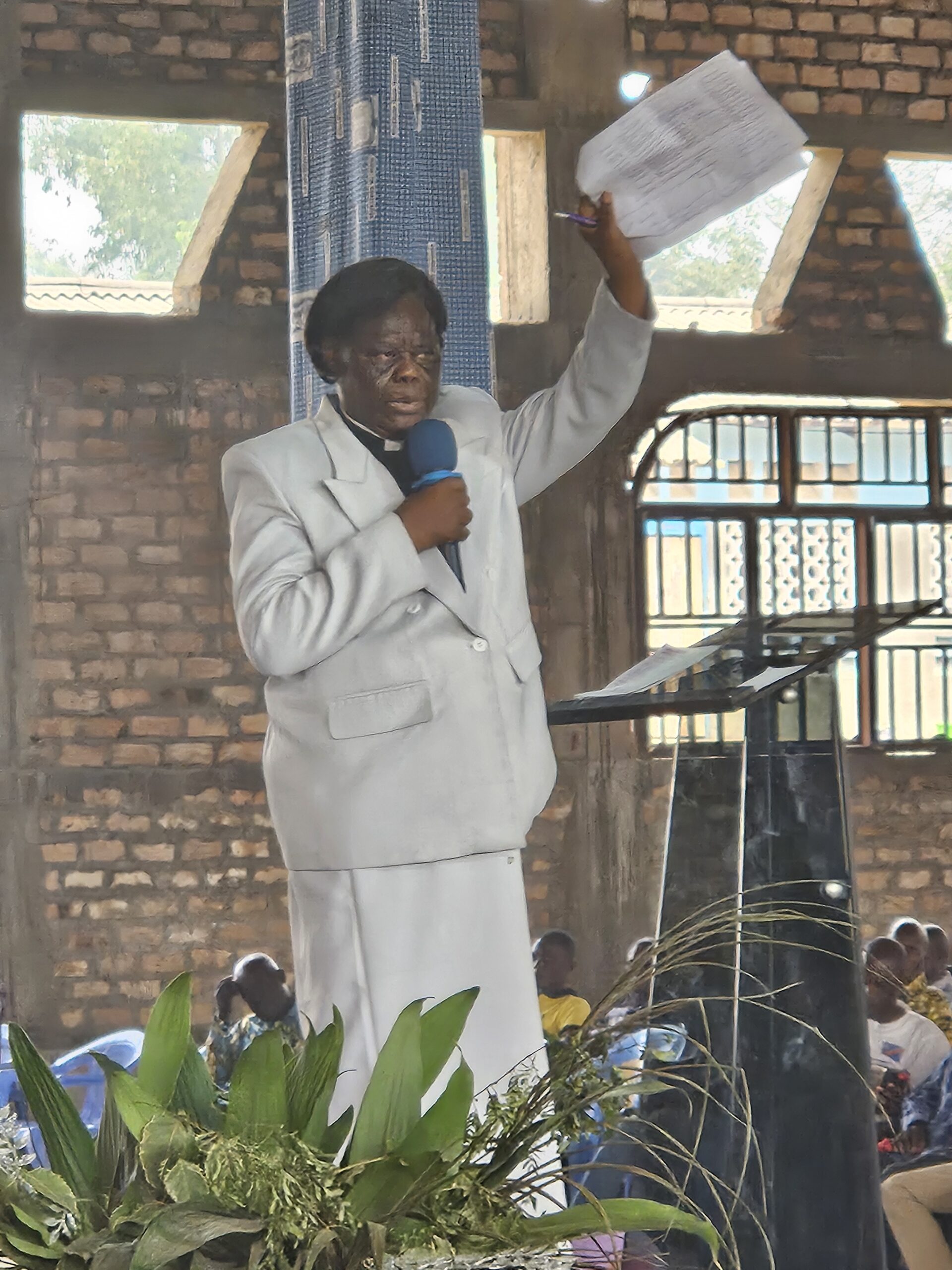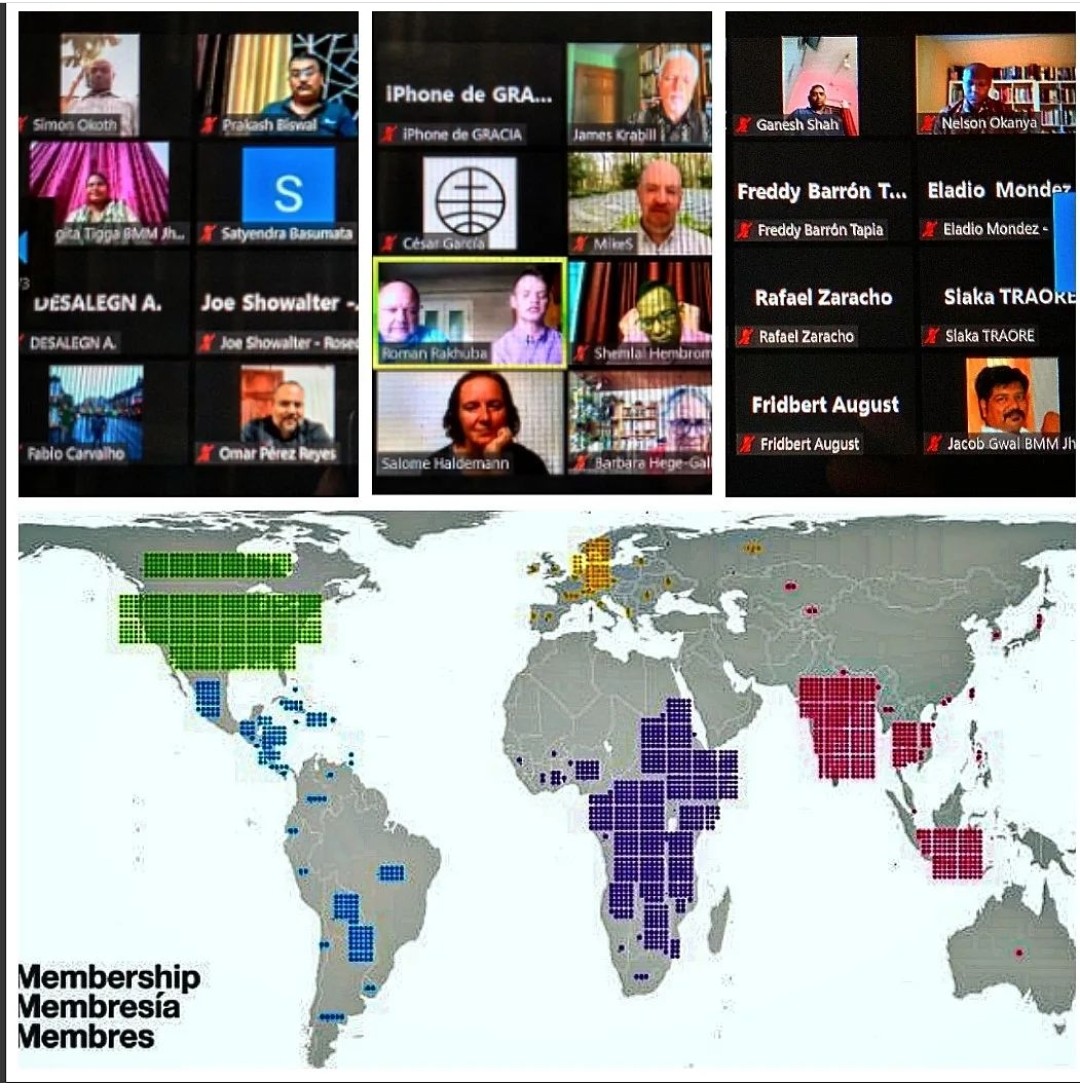-
Building peace between Bantu and Batwa
Alarming situation: discrimination and violence “We understand that God doesn’t discriminate,” says Nathan Mudiji, “but that before God, everyone must acknowledge their sin and do their best to repair the relationship broken because of sin.” In the DRC, the Batwa (an indigenous people mainly settled in the Equateur and Mai-Ndombe provinces), suffer discrimination and inhumane
-
Living out unity in Spain
We were very few when we began to call ourselves Mennonites or Anabaptists in Spain. We gathered to develop relationships, interact with some frequency and explore topics of common interest.
-
Following Jesus in a very big house
Courier: Perspectives Africa: Benin Casa Grande, in Benin, was founded by mission workers from Burgos Mennonite church in Spain (Iglesia Evangélica Comunidades Unidas Anabautistas, part of MWC member church Anabautistas, Menonitas y Hermanos en Cristo – España) who were involved in Benin Bible Institute. Today, partners include Mennonite Mission Network, Mennonitiches Hilfswerk, Mennonite Men and
-
Living out unity with boots and shovels
MDS has been responding to a repeat flood disaster in and around Barre, Vermont, USA, where volunteers have mucked out or repaired more than 50 homes. The women pictured cleaned mud out of the basement of a home flooded with river water. Photographer: Brent Trumbo North America: USA Mennonite Disaster Service (MDS) responds to disasters,
-
Following Jesus from Bengal to Bhutan and beyond
Courier: Perspectives Asia: India Little Flock Discipleship School is a “ring” of fellowships in Uttar Medabari, Alipurduar District, West Bengal, India. In 1985, Little Flock was established as an evangelical church organization to carry out the Great Commission in the northern part of West Bengal. However, as the ministry spread, the need to train, equip
-
A spirit of teamwork
James Krabill with students at STAKWW (Sekolah Tinggi Agama Kristen Wiyata) in Pati, Indonesia. About the Mission Commission The Mission Commission provides MWC member churches with resources and a forum for dialogue on global witness and service. The commission brings together the Global Anabaptist Service Network (GASN) and the Global Mission Fellowship (GMF) and enables
-
The road and the destination
“If you don’t know where you’re going, any road will take you there.” This saying summarizes one of the ideas from Lewis Carroll’s classic children’s tale, Alice in Wonderland. Having a road and defining your destination is crucial if you want to arrive there. There is a biblical version of that saying in Proverbs 11:14:
-
Bring what is in your hand
The church as the body of Christ is central in God’s activity of reconciliation in the world. We want to embody this idea in our global structure. Mennonite World Conference (MWC) is an organic community and not a bureaucratic institution. As a global church, we are committed to serving people rather than building an infrastructure
-
We are one
Evangelism rallies, energetic music and dancing all day; witnessing, altar calls with a dozen respondents. Praying is loud, through tears or joy. You can feel the enthusiasm. I was heartily welcomed by the Mennonite Brethren church in DR Congo to celebrate their 100th anniversary in August 2024. The multiday event was held in a big
-
100 years of evangelism in DR Congo
“100 years of evangelism in Congo.” From 4-11 August 2024, Communauté des Églises des Frères Mennonites au Congo celebrated the 100th anniversary of their national church. The celebration in Kikwit – delayed by two years due to the pandemic – included preaching, singing, choir performances, a pastor’s conference and evangelism rally and ecumenical and international
-
New tagline reinforces MWC Vision and Mission Statements
If you were to sum up Mennonite World Conference in three phrases, what would you say? MWC leadership has selected a new tag line to do just that: “following Jesus, living out unity, building peace”. “After almost one year of consultative process with Anabaptist theologians and MWC staff, under the facilitation of and change management
-
God’s mission in Anabaptist communities
“The relationship of Anabaptism and mission is a hot topic, and the field continues to expand to include a number of disciplines and sub-disciplines emerging which attempt to integrate a vision that is both missional and faithful to the Anabaptist message – and to wrestling with what precisely that means!”
